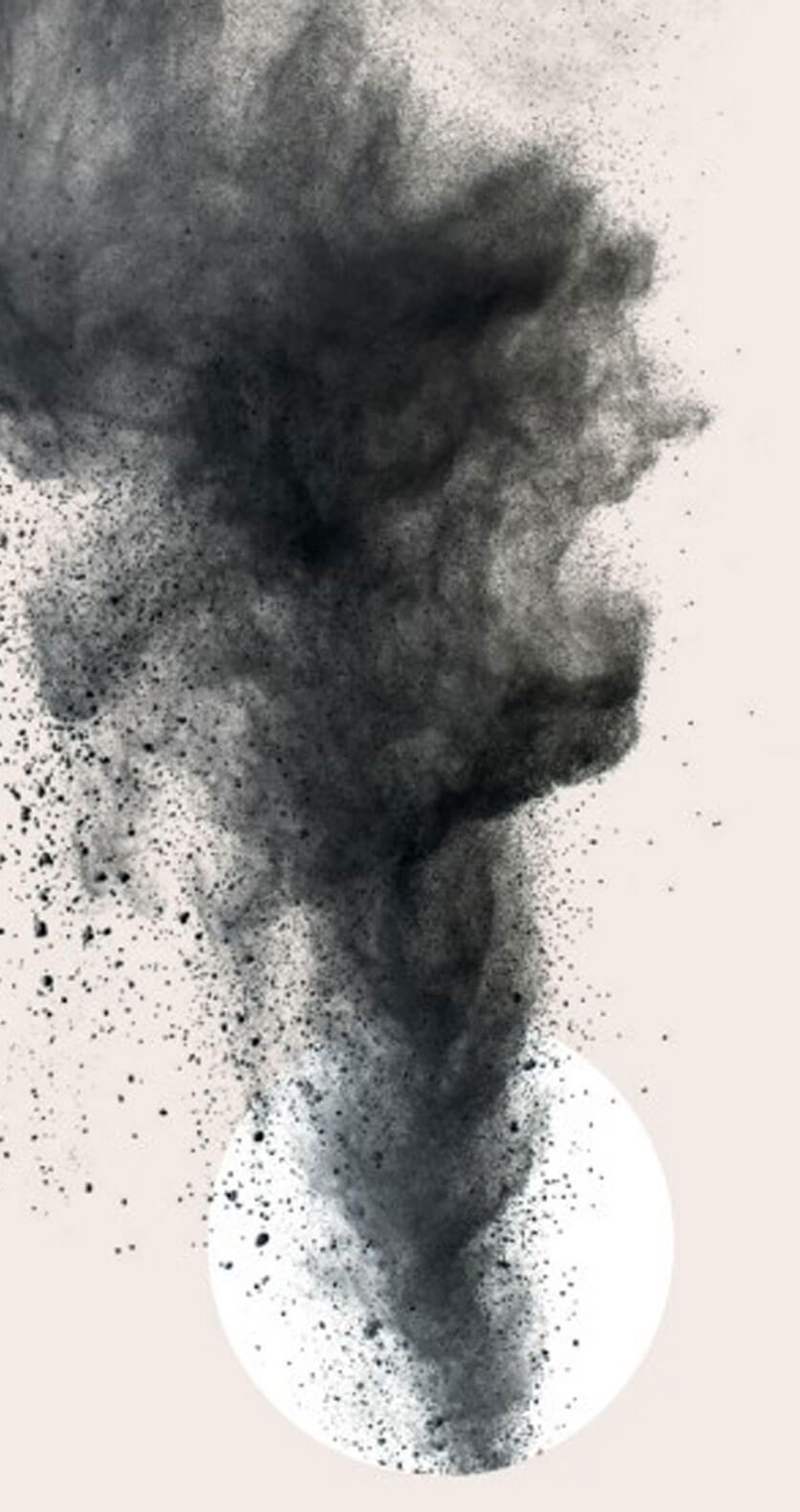LIFESTYLE
Dark Chocolate Healthier than Milk Chocolate?
Tiphaine Honnet - Madame Figaro
20-September-2023

it is known that a square of dark chocolate has different benefits for the heart, mood, and stress relief. However, does its milk chocolate counterpart really have nothing interesting to offer
If there's a divisive topic at the dining table - aside from politics - it's the one that pits dark chocolate against its milk chocolate counterpart. Some appreciate the bitter complexity of the former, while others prefer the smooth, creamy, and somewhat sweet nature of the latter. While tastes may vary, when it comes to health, which chocolate bar can we rely on with almost closed eyes?
Good cocoa for your arteries…
There's no need to prolong the suspense any further. Dark chocolate is the clear winner. It owes this victory primarily to its high cocoa content, ranging from 43% to 100% depending on the brand, compared to 25% to 40% in milk chocolate versions. As confirmed by nutritionist Dr. Hafid Halhol, the higher the cocoa content in the bar, the greater the nutritional quality, and the more benefits the consumer gains for their body.
Starting with an impact on the good health of our arteries. Cocoa contains antioxidants such as flavonoids, which are responsible for reducing bad cholesterol and improving blood circulation.
These effects were confirmed in 2008 by an American study involving elderly individuals with hypertension. After 15 days of consuming dark chocolate, they observed a significant drop in blood pressure, improved dilation of blood vessel walls, and a reduction in insulin resistance, as reported by Sarah Mony, a dietitian-nutritionist and expert in the National Nutrition and Health Program.
... And the brain
According to the specialist, when it contains a minimum of 75% cocoa on its label, dark chocolate also emerges as a valuable source of trace elements. "It contains phosphorus, necessary for bone formation and muscle contraction, zinc and copper, which are protective for the immune system, as well as manganese to combat the effects of free radicals," Sarah Mony lists. "Not to forget magnesium, known for its regulation of nerve impulses, fatigue, and stress."
Its impact on mental health doesn't stop there, as cocoa stimulates the action of two neurotransmitters, adds the dietitian-nutritionist. Serotonin, also known as the "feel-good hormone," and phenylethylamine, a psychostimulant that acts on our brain like an antidepressant. That's why chocolate leads to compulsive cravings, notes Sarah Mony.
Two squares, no more
In their book "Fake news santé" (Health Fake News), the French National Institute of Health and Medical Research (Institut national de la santé et de la recherche médicale) advises against seeing chocolate as a miracle ingredient. The authors remind us that "all these different compounds are present in very small quantities in the bars, even in dark chocolate."
With this knowledge, our two healthcare professionals indeed encourage moderation and suggest consuming only 1 to 2 squares per day, which equates to 30 to 40 grams. Indeed, dark chocolate is not only rich in cocoa but also contains cocoa butter, an ingredient rich in saturated fats, and sugars. Surprisingly, dark chocolate might even be higher in fat and calories than milk chocolate (591 vs. 537 kcal/100 g), as revealed by the nutritional composition table of foods from the CIQUAL database of ANSES (French Agency for Food, Environmental and Occupational Health & Safety).
However, this doesn't make it less healthy, as emphasized by Dr. Hafid Halhol. "Dark chocolate and its high cocoa content provide fiber to the body, which has the advantage of limiting the absorption of sugar and fat. The milk chocolate bar doesn't contain these," informs the doctor.








